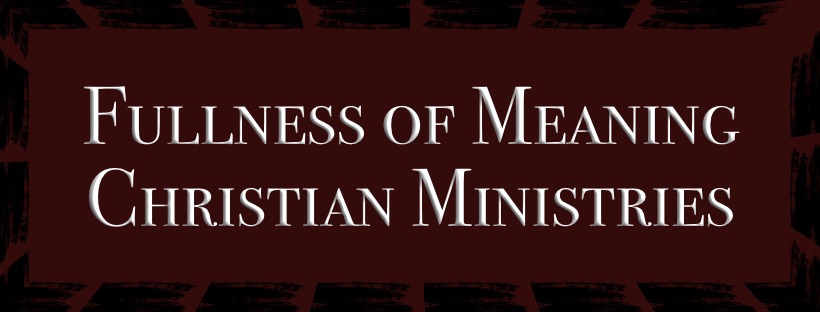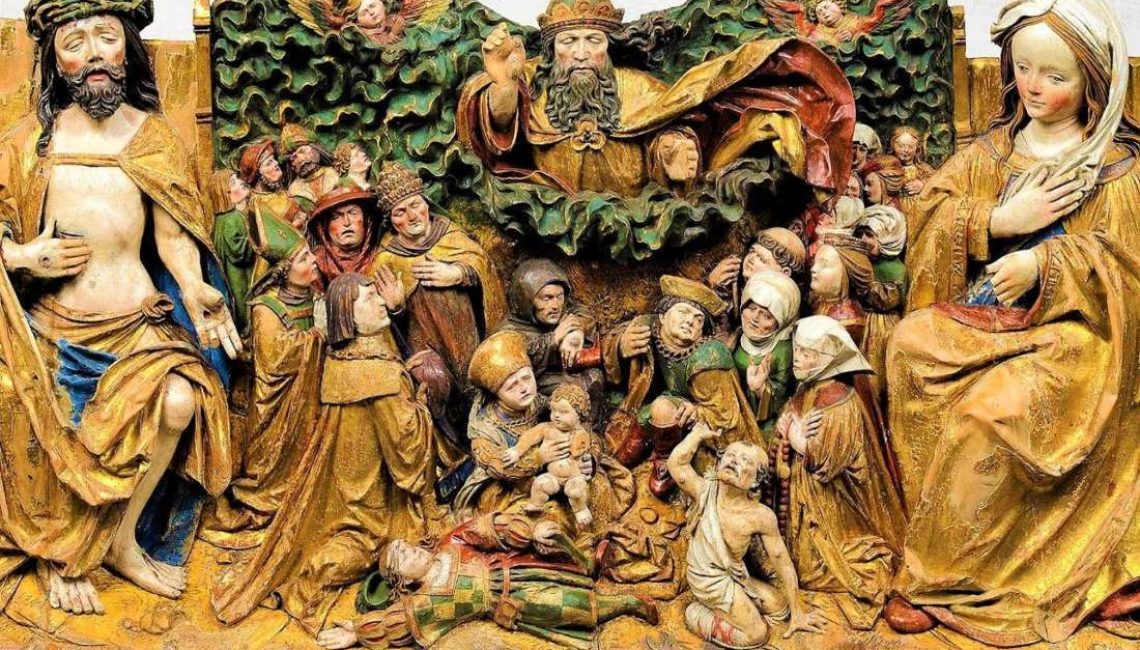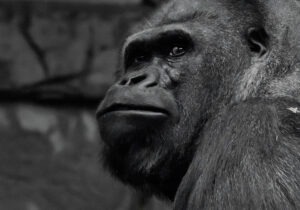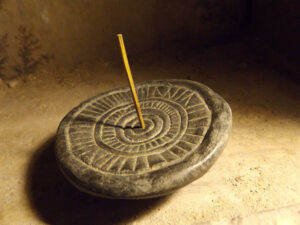Sin and Hell *UNTO Salvation
This is the expanded look at Job 14’s Proto-Sinaitic “Tsaror”. I believe this study will shed some light on the Scrolls of Final Judgment found in Revelation 5:1,3,4,7,9; 6:14; 10:9; .
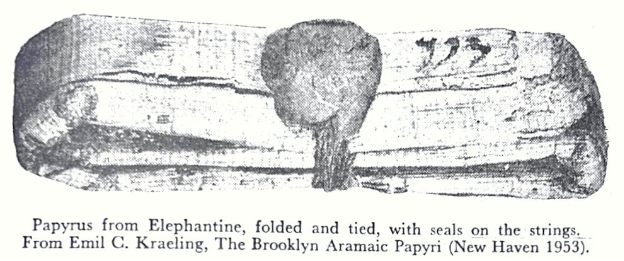
Job 14:1, 14-ff.
Job 14:1: “Man born of woman, Short-lived and sated with strife1”
1 please refer to my video lecture: “Job and MacBeth – a comparative analysis” on my website: fomcom.com (in the video lecture section) “Man of Woman Born is a theme Shakespeare understood to mean “the fate of the flesh”. 2
14 “If a man die, shall he live again2? all the days of my appointed time will I wait, till my change come3.
15 Thou shalt call, and I will answer thee4: thou wilt have a desire to the work of thine hands5.
16 For now thou numberest my steps: dost thou not watch over my sin6?
17 My transgression is sealed up in a tsaror/bag7, and thou daubs/sewest8 up mine iniquity9.
18 And surely the mountain falling cometh to nought, and the rock is removed out of his place.
19 The waters wear the stones: thou washes away the things which grow out of the dust of the earth; and thou destroyest the hope of man.
2 i.e., “will a man live after he dies?”.
3 i.e., after his death, he ‘waits’. He ‘waits’ in Sheol, as understood by the Jews and A.N.E. (ancient near east) thought among certain circles, later, the Jews. “Until my *redemption* comes”. To be changed from the ‘state’ of being in the ‘abode of the dead/ shadows’ is *redemption* to the A.N.E. God ‘believer’ an, later, the Jew. Cf. to Dr. Irving Finkel’s “Mesopotamian Ghosts”; Tur Sinai’s “The Book of Job”; Marvin Pope’s “Job “ (The Anchor Bible Commentary series. In verse 19, there is a grim maxim for the ‘state of man’. Job says in 14:19 “The waters wear the stones: thou washes away the things which grow out of the dust of the earth; and thou destroyest the hope of man”. But, this is the ‘state’ and ‘plight’ of mortal man. Many commentators do not account for the shade or soul of man not being of the “adama” or “soil, earth”). I believe this is a spectacular passage to the contrast of many commentators. A hope in an eternal soul to continue.
4 the hope that God calls to us, that HE *acts* upon us.
5 a continued thought to the first part of this verse: Thou *Acts* upon me and *Does* the works of His Hands. Again, God is acting and doing upon us, ←-i.e., “us” = those who are already in “the Shadows” of sin, death, remorse, iniquity, hell.
6 As Tur Sinai says, ‘this is not affectionate watching’ – Satan was the ‘watcher’ – Hebrew: “m-SHT” – the “rover/ satan/purger/challenger/rogue/ etc.”. In Zechariah 4:10 we have the “eyes of the Lord” as “m-SHT”, or, the “satan” of the Lord, the roving watcher. Cf. to 2 Chronicles 16:9; Jeremiah 16:17; and Hebrews 4:13 as well. Job’s *sin* is not overlooked but as we shall see, Job is in the next verse alluding to not just Job’s gift of grace from God but mankind’s gift.
7 Tsaror- “sealed up/ tied up document”. This mentioning, by Tur Sinai’s words, meant a document of the living (cf. 1 Sam. 25:29: “but the soul of my lord shall be tied up in the *tsaror* of the living”. That is, in this book, the Tsaror of Job, the Tsaror was tied up and contained the names of all living persons who were inscribed. Cf. Ps. 139:16: “his days are tied up (in the Tsaror) and none can be added”.
8 “thou sewest = “daub; daubest; seal” over my iniquities”.
9 (a)Here we see the contrast of judgment unto the ‘cutting off’ or “sheol” to the Salvation imbued us all through the Tsaror. “My transgression/ (and iniquity) (pishiy) is “sealed up (chatum)” in a “bag (tsaror)”/ You cover (wat-tit-pol) my iniquity (a’woniy). (b) This is, I believe, stated to contrast the fate of ‘mortal man’ with that of universally sanctified man as an eternal being, and not mortal.
10 as I stated: the plight of mortal man, “fatalism”, ‘fate, fatality, the ‘end result of mortality’. Nature is determined to be destroyed as we know it.
20 Thou prevailest for ever against him, and he passeth: thou changest his countenance, and sendest him away (refer to footnote 9b)
